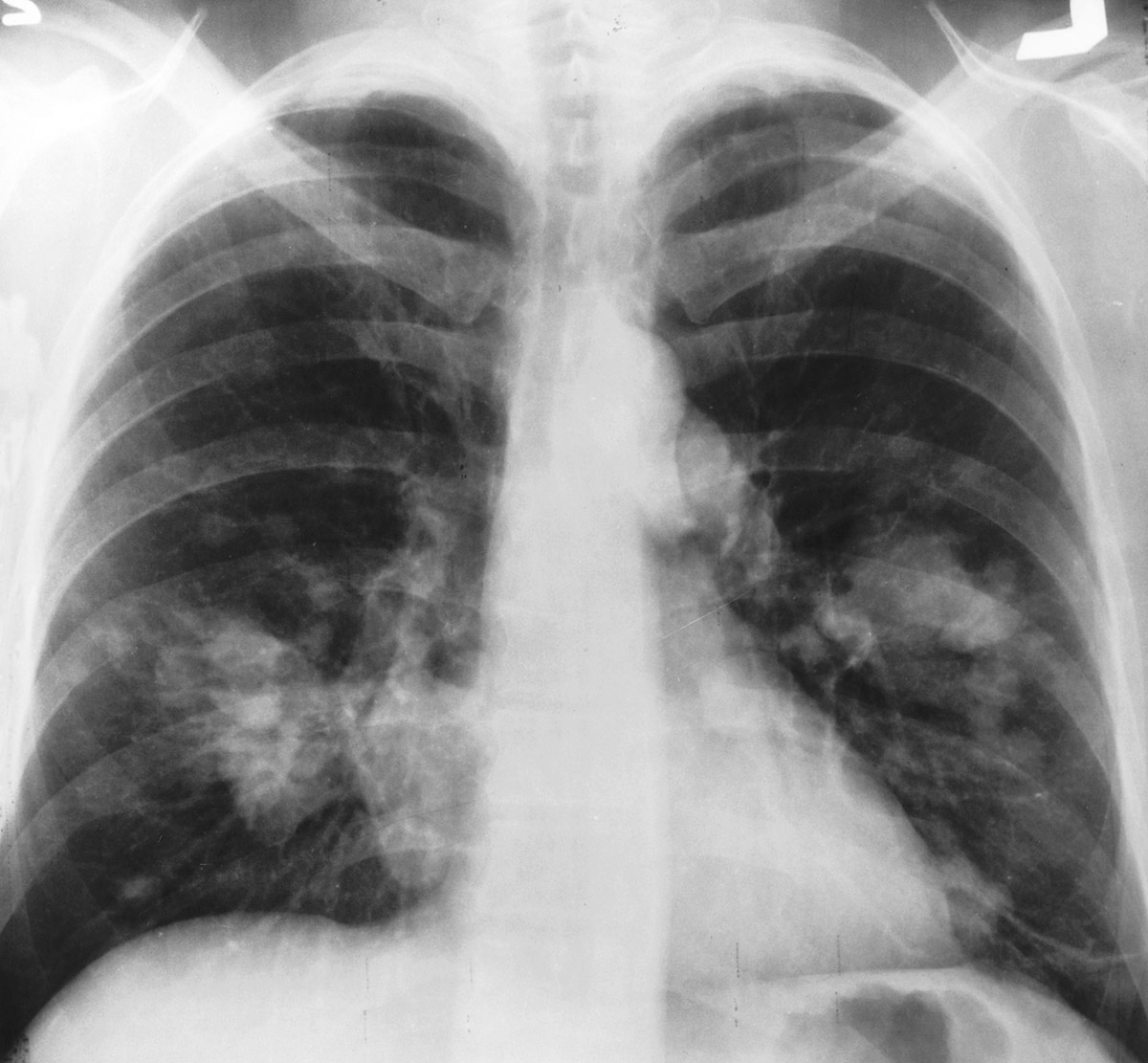
Information on Wheezing
Wheezing is a good indicator of numerous different lung conditions and disorder which may affect both adult persons and infants. In order to identify the actual lung disorder, the exact symptoms of wheezing need to be determined.
Wheezing can be characterized as whistling which occurs while a person inhales and exhales. It is medically referred to as the sibilant rhonchi. In most cases, it also involves tightening of the chest and difficulties when a person tries to exhale the air out of the lungs. The sound is usually much louder when a person exhales, while it is not that loud when a person inhales.
When there is an obstruction in the trachea or the larynx a certain type of wheezing may occur and it is medically referred to as stridor. Severe cases of wheezing may involve high fever and a very labored breathing which may sometimes seem similar to suffocation.
Causes of Wheezing
Wheezing occurs when the path through which the air passes gets narrowed and that leads to the increased velocity of air. This causes the characteristic high pitched sound reminiscent of a whistle. Wheezing is actually caused by the narrowing of tubes in the lungs through which the air passes. When these tubes get inflamed the passages get narrow and the wheezing occurs.
These little tubes are medically referred to as the bronchioles. The position and nature of obstruction may affect the way the wheezing sounds. The amount of air that gets exhaled when a person suffers from wheezing is usually significantly reduced. The exact location of the obstruction inside the lungs can be determined by the pitch of a wheeze.
Monotonal wheezing indicates a foreign body, while stridor indicates an obstruction located in the respiratory tract. Both cases require immediate medical attention. Wheezing may be associated with a large number of different types of lung disorders. One of the major causes of wheezing is asthma and the occurrence of wheezing usually accompanies most cases of asthmatic attacks.
Other lung disorders and factors that may be associated with the occurrence of wheezing include breathing in a foreign object, viral infections, bronchiecstatis, pneumonia, bronchitis, excessive smoking, bronchiolitis, effects of different types of medications, emphysema, numerous different types of allergic reactions, chronic obstructive pulmonary disease, gastroesophageal reflux disease and heart failure.
The treatment for wheezing always depends on the factors and conditions which caused in the first place.
Vaporizers and inhalation can help in minor cases. The treatment is usually a part of the treatment of the underlying condition which actually causes the wheezing.



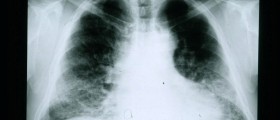

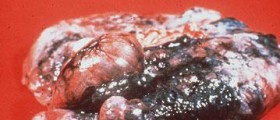
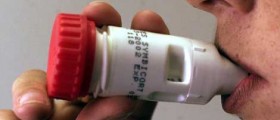


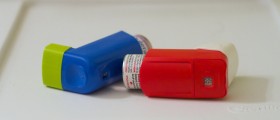
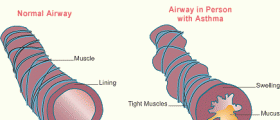
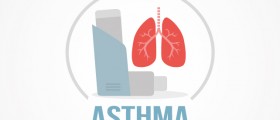
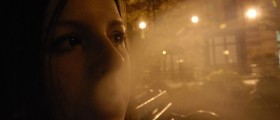
,-Asthma-And-Anxiety_f_280x120.jpg)


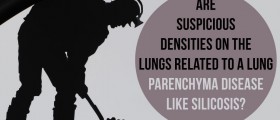
Your thoughts on this
Loading...